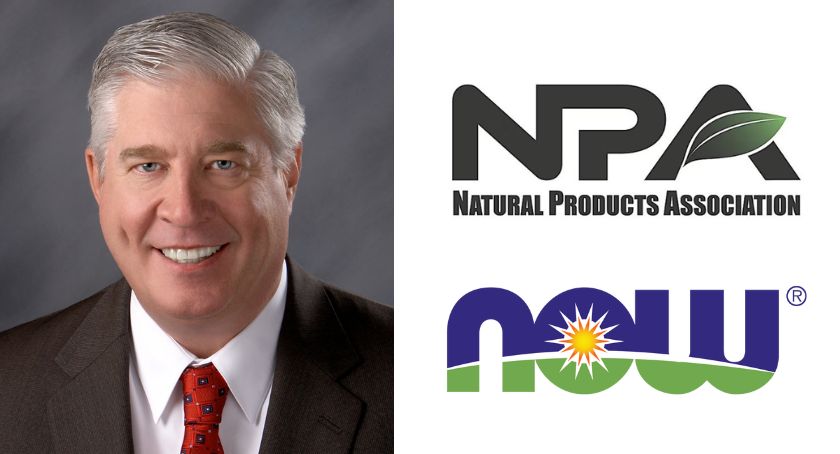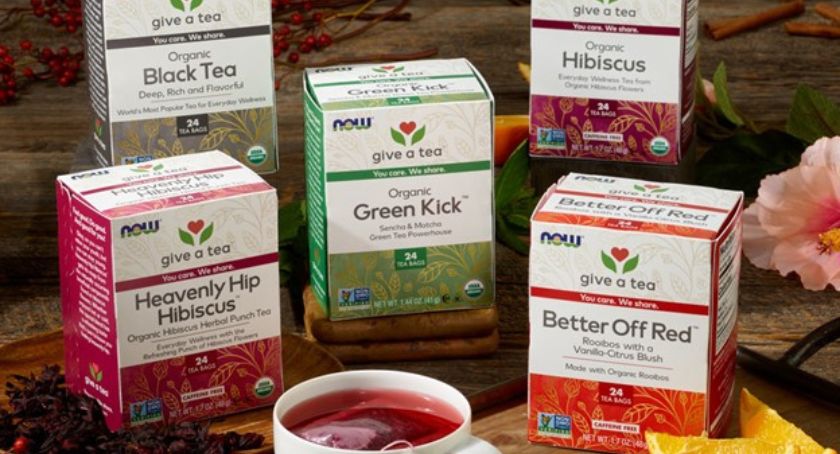Columns
Word from Wall Street: It’s the Economy Stupid
A slumping economy may be an advantage for nutraceuticals.
By: Adam Ismail

It’s the Economy Stupid
A slumping economy may be an advantage for nutraceuticals.
ByAdam Ismail
Well, the New Year has started and the economy is still as uncertain as ever, even though most analysts predicted we would be out of this mess by now. The good news is nutraceutical sales seem to be holding up in the U.S., which is the largest market for these types of products. However, there are some key economic trends to keep an eye on for the future.
The Strength of the U.S. Dollar
The currency markets have been fluctuating wildly during the past year and the impact on nutraceuticals could be quite significant due to the global nature of the business. The U.S. dollar has gained in value by an average of 21% against other major world currencies since March, and only looks to be getting stronger, if you listen to the pundits. The problem is this will change the supply chain for a number of products.
A strong dollar makes U.S.-manufactured products more expensive for buyers from other countries, and a similar situation exists for products made in countries that peg their currency to the U.S. dollar, such as China. In fact, China is a good example of the potential danger, especially since nearly all botanical ingredients and other products like glucosamine and chondroitin come from China. Their currency is tightly controlled and closely follows the U.S. dollar, so while the U.S. dollar has gained 21% in value in the past year, the Renminbi has gained about 19%. If this situation does not change in the long-term, you may see much of the botanical industry shift out of China and into nearby countries that can offer a cost advantage. This has happened before in other industries.
The Cost of Credit
The cost of credit could affect the industry in a few ways. First, it could drive the cost of ingredients up in cases where large amounts of working capital credit are needed to finance the production of ingredients, like natural vitamin E, isoflavones and other plant-derived ingredients that need large amounts of fertilizer. This is already happening for other grain-based commodities, and may not be far off for nutraceuticals.
Another way the cost of credit is affecting industry is the financing of acquisitions. Analysts are saying that even the best companies are paying 10-15% interest rates on any new debt they are taking out. This means acquisitions will become much harder to find, and the ones that do go through will be at fairly cheap valuations. In good practice, a company will base its estimated return from an acquisition on the cost of financing the deal, which includes its cost of borrowing and the opportunity cost of deploying its existing capital. If the debt portion now costs twice as much, then fewer acquisitions will look as attractive unless the price falls.
Consider the recent announcement of Atrium Innovations acquiring Nutri-Health Supplements, a direct-to-consumer supplement marketer, for nearly $24 million. Earnings data are not available, but the company had $27 million in sales last year, which means it was sold for 0.89x revenues. Atrium said the company was growing rapidly, so this represents a relatively low valuation considering that two years ago valuations were as high as 1.2x revenues. One other aspect about the deal that is indicative of things to come: there is still an opportunity for the former Nutri-Health owners to get a higher valuation, but it depends on hitting specific performance milestones. In the current environment, acquirers may be less inclined to take on the full risk of an acquisition and will try to “hedge” their position by requiring that these types of “earnout” or milestone payments be part of the final deal.
Private Equity
Everybody is saying it is a buyer’s market right now because valuations have fallen so much. However, as we have seen, the credit markets are still extremely tight. So unless you have the cash on hand, an acquisition could be quite costly.
One area that has already been very active through the financial crisis is the private equity market. Private equity funds generally do have the cash on hand and have been demanding lower valuations on their investments since the economic crisis began. In fact, the Invesco PowerShares Listed Private Equity Portfolio tracks these valuations, and while the market is down around 40% from its highs, private equity valuations are down more than 60%. This could drive more deal-making, particularly since private equity firms typically have a longer time horizon.
According to the Nutrition Capital Network, there were five private equity transactions announced during the first three weeks of January and 11 since the financial crisis began last September. The most notable may be the $425 million investment in Whole Foods by Leonard Green, which is hoping for a strong recovery when the economy turns around. The 6% stake CIC Partners took in Jamba Juice is another notable transaction. While this transaction was carried out at a relatively low valuation, the real value to be had from the deal comes from the combined experience CIC’s partners bring to the table. Its management team includes former CEOs of PepsiCo, Blockbuster and Pizza Hut, whose knowledge will prove invaluable as Jamba grows both its retail franchise and consumer product licensing businesses.
So while nutraceutical sales appear to be resilient thus far in this recession, it behooves everyone to carefully watch the U.S. dollar and cost of credit. Also, if you are seeking outside capital, valuations are down right now, but money is still available if you really need it.




















